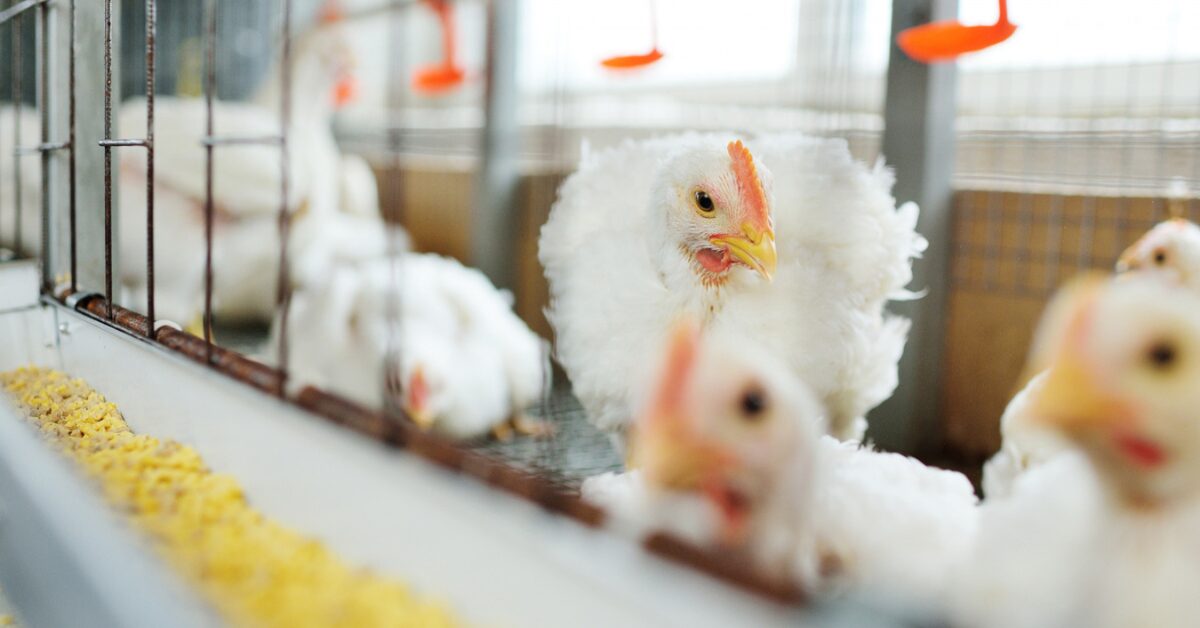
The Role of Biosecurity in Preventing Farm Outbreaks
Biosecurity is one of the most important aspects of modern livestock farming. It refers to
the practices and measures put in place to prevent the introduction and spread of diseases
on farms. A single disease outbreak can cause huge financial losses, reduced productivity,
and even total collapse of a livestock enterprise. By implementing strong biosecurity
measures, farmers can protect their animals, staff, and business.
What is Biosecurity?
Biosecurity is the set of preventive actions designed to keep harmful pathogens (bacteria,
viruses, parasites, and fungi) away from animals. It includes everything from farm hygiene,
visitor control, and feed management to vaccination and waste disposal.
Why Biosecurity is Important
- Disease Prevention – Reduces the risk of outbreaks such as Newcastle disease in
poultry, foot-and-mouth disease in cattle, or PPR in goats. - Improved Productivity – Healthy animals grow faster, produce more milk, meat, or eggs,
and reproduce better. - Cost Savings – Prevention is cheaper than treatment or losses from mortality.
- Food Safety – Reduces the risk of transmitting diseases from animals to humans
(zoonotic diseases). - Market Access – Many buyers prefer animals and products from farms with strong
biosecurity practices.
Key Biosecurity Practices
Farm Access Control:
- Restrict visitors and unauthorized vehicles from entering animal areas.
- Provide footbaths and wheel disinfectants at entry points.
- Use protective clothing and footwear for farm staff and visitors.
Animal Management:
- Quarantine new or sick animals before mixing with the main herd/flock.
- Avoid mixing animals from different sources.
- Implement regular vaccination programs.
Feed and Water Safety:
- Ensure feed is stored in clean, dry areas to avoid contamination by rodents or mold.
- Provide clean water at all times.
- Avoid sharing feeding equipment across different animal groups.
Farm Hygiene:
- Regularly clean and disinfect animal housing, equipment, and transport vehicles.
- Practice proper manure and waste disposal.
- Control pests such as rodents, flies, and wild birds that spread diseases.
Monitoring and Record Keeping:
- Keep accurate records of animal health, treatments, and mortalities.
- Monitor animals daily for early signs of illness.
- Report unusual disease symptoms quickly to a veterinarian.
Species-Specific Considerations
- Healthy, productive animals
- Reduced reliance on antibiotics and treatments
- Increased farm profitability
- Better public image and market opportunities
Final Thoughts
Biosecurity is not a one-time action but a continuous commitment. Every farmer, staff
member, and visitor plays a role in protecting livestock from deadly outbreaks. Strong
biosecurity ensures healthier animals, higher profits, and sustainable farming.
Remember: Prevention is always cheaper than cure.

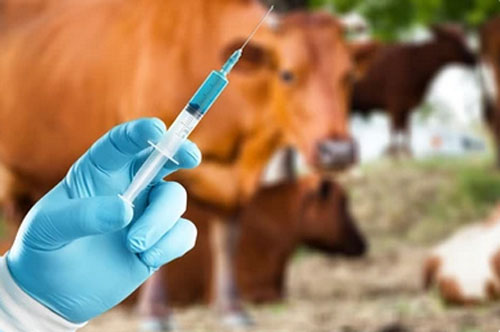

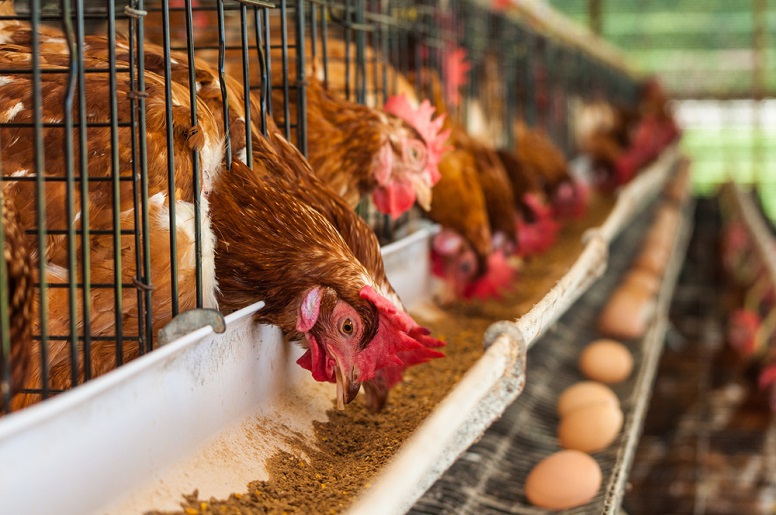
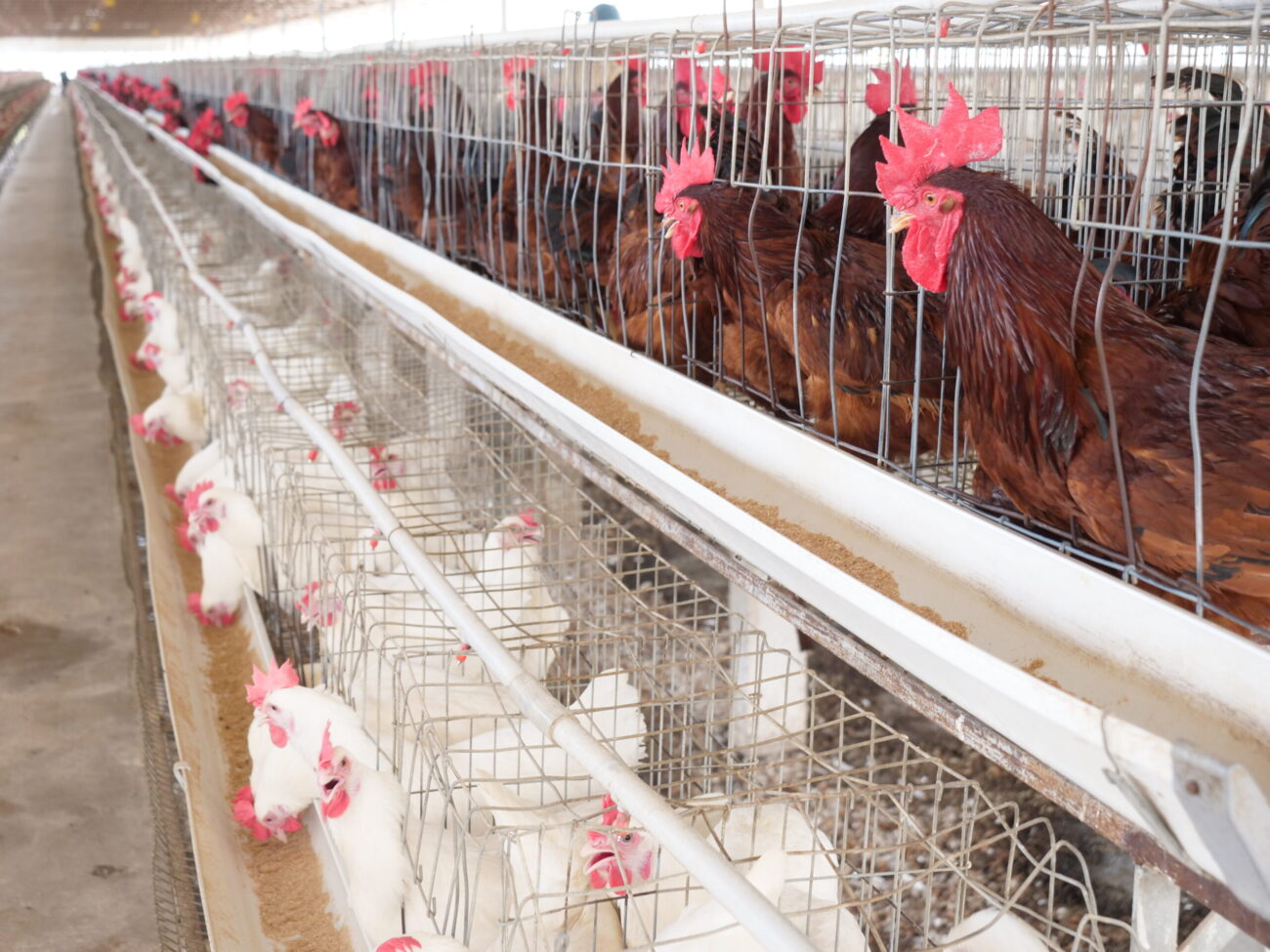
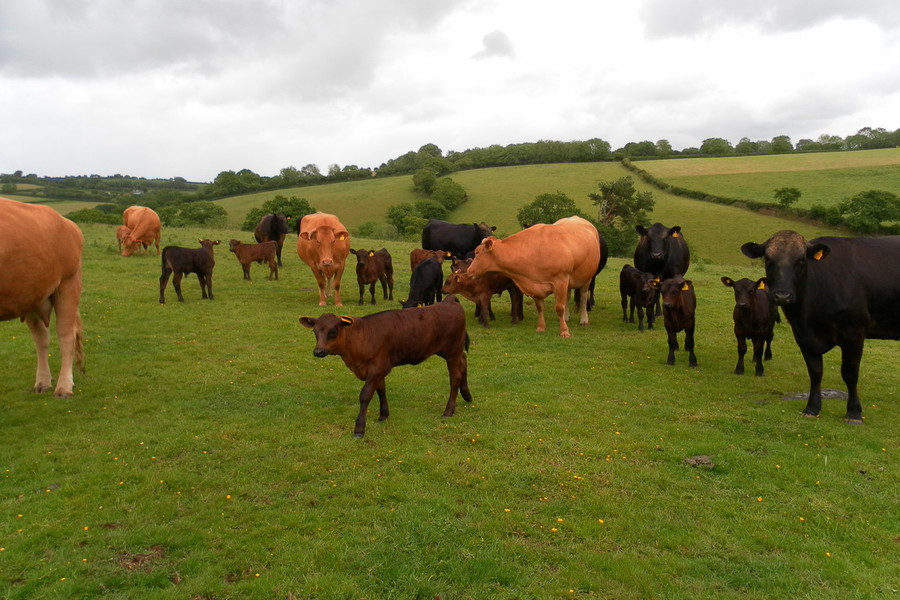
https://shorturl.fm/wfYqC
https://shorturl.fm/vABVQ
https://shorturl.fm/1AoGd
https://shorturl.fm/zEK7u
https://shorturl.fm/PBlK4
https://shorturl.fm/yWr1I
https://shorturl.fm/i9qLs
https://shorturl.fm/pzbVO
https://shorturl.fm/VXYsL
https://shorturl.fm/pwX5v
https://shorturl.fm/8uwNJ
https://shorturl.fm/QDfl5
https://shorturl.fm/2o6HN
https://shorturl.fm/jZ3tH
https://shorturl.fm/ODiOS
https://shorturl.fm/dPbq5
https://shorturl.fm/FcCZP
https://shorturl.fm/BhXUP
https://shorturl.fm/jyYYq
https://shorturl.fm/6laf4
https://shorturl.fm/Crwky
https://shorturl.fm/nE80q
https://shorturl.fm/0itA4
https://shorturl.fm/nQUBQ
https://shorturl.fm/5mOjW
https://shorturl.fm/eoprq
https://shorturl.fm/7jPoy
https://shorturl.fm/SLHVh
https://shorturl.fm/UGOPb
https://shorturl.fm/n25u9
https://shorturl.fm/ATJ0v
https://shorturl.fm/C76JT
https://shorturl.fm/PxBD6
https://shorturl.fm/oqLcg
https://shorturl.fm/Rmemu
https://shorturl.fm/JKyiM
https://shorturl.fm/ESpjT
https://shorturl.fm/2lCY2
https://shorturl.fm/3Z7Cm
https://shorturl.fm/s2Wpr
https://shorturl.fm/zASYK
https://shorturl.fm/Ybw95
https://shorturl.fm/QpTM1
https://shorturl.fm/tr6n5
https://shorturl.fm/i8TBd
https://shorturl.fm/2JGR7
https://shorturl.fm/zMJHK
https://shorturl.fm/U4GH2
https://shorturl.fm/enX4C
https://shorturl.fm/NXUgh
https://shorturl.fm/Dve0a
https://shorturl.fm/Hs8Mx
https://shorturl.fm/dGZwE
https://shorturl.fm/ZjgI3
https://shorturl.fm/KLhjd
https://shorturl.fm/j9fW4
https://shorturl.fm/mIqGi
https://shorturl.fm/xsEqp
https://shorturl.fm/xaLvX
https://shorturl.fm/byGwb
https://shorturl.fm/g2L3A
https://shorturl.fm/EFbEb
https://shorturl.fm/eGsWV
https://shorturl.fm/7eTzy
https://shorturl.fm/UonTC
https://shorturl.fm/VXOfT
https://shorturl.fm/xXar2
https://shorturl.fm/ToZZo
https://shorturl.fm/OLyAM
https://shorturl.fm/0G7RQ
https://shorturl.fm/s27vS
https://shorturl.fm/6I0Dx
https://shorturl.fm/fUUX2
https://shorturl.fm/oeQ9t
https://shorturl.fm/lLJ2V
https://shorturl.fm/6kEpT
https://shorturl.fm/dxRNe
https://shorturl.fm/bL3Br
https://shorturl.fm/FEt7e
https://shorturl.fm/08M4c
https://shorturl.fm/j0GfK
https://shorturl.fm/ZqAO8
https://shorturl.fm/WSsf9
https://shorturl.fm/JwjM0
https://shorturl.fm/29anI
https://shorturl.fm/noc1C
https://shorturl.fm/OTAsE
https://shorturl.fm/82Hv8
https://shorturl.fm/4r8uP
https://shorturl.fm/VzzeH
https://shorturl.fm/BNXSZ
https://shorturl.fm/XS8LV
https://shorturl.fm/fm3EN
https://shorturl.fm/1S3iQ
https://shorturl.fm/5nLs1
https://shorturl.fm/bJGxY
https://shorturl.fm/lpPsx
https://shorturl.fm/UoWcr
https://shorturl.fm/TXZxI
https://shorturl.fm/dRlpl
https://shorturl.fm/4dshz
https://shorturl.fm/jgVDc
https://shorturl.fm/VSs7Z
https://shorturl.fm/Jawbi
https://shorturl.fm/zzYgY
https://shorturl.fm/XdLpk
https://shorturl.fm/QrFGu
https://shorturl.fm/il55u
https://shorturl.fm/6xLyY
https://shorturl.fm/CRQYM
https://shorturl.fm/b5pDU
https://shorturl.fm/aFOnT
https://shorturl.fm/jxunU
https://shorturl.fm/LIma0
https://shorturl.fm/4lnX3
Fast indexing of website pages and backlinks on Google https://is.gd/r7kPlC
Start sharing, start earning—become our affiliate today!
Turn referrals into revenue—sign up for our affiliate program today!
Drive sales, earn big—enroll in our affiliate program!
Maximize your earnings with top-tier offers—apply now!